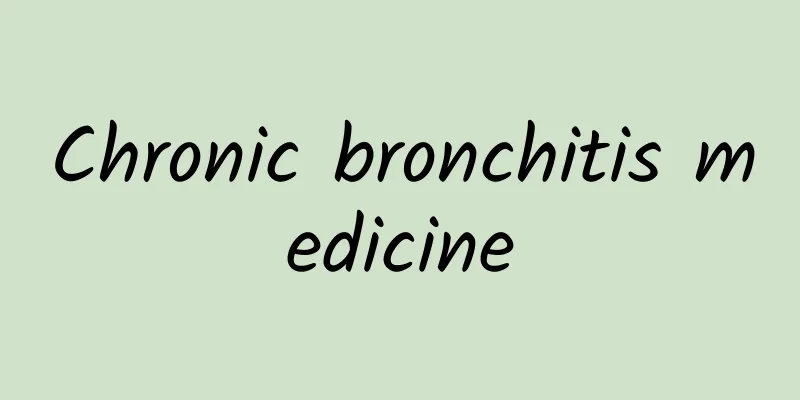The efficacy and function of thyme

|
People say that cooking is like life. A person will encounter many things in his life that he doesn’t know about. Some people choose to avoid them and are unwilling to get involved. Some people are bold and like to dig out more information. Friends who have watched "A Bite of China" should know that it introduces special dishes from many places, and some of the foods are things we have never seen before, and we only know what they are after being introduced by others. In China, we can see a lot of condiments, but in our daily lives, we only use common ingredients and seasonings, but condiments have different names in different places. Just like thyme, it is called mountain pepper or ground pepper in some places, but we don’t often hear the name of thyme. Thyme knowledge introduction: Thyme is the whole herb of Thymus vulgaris, a plant of the Lamiaceae family. Thyme stems are creeping, rooting everywhere, with many branches, woody at the bottom, reddish-brown, and flower branches growing straight up, 3 to 15 cm high, with a strong aroma. Leaves are opposite; small, oblong or ovate, up to 15 mm long and 7 mm wide, entire, obtuse, bristly at the base, and short-stalked. The flowers are small, purple-red, clustered at the ends of branches to form cymes: calyx green, calyx tube bell-shaped, 5-lobed at the apex, hairy at the throat; corolla lip-shaped, lower lip 3-lobed; stamens 4, 2 strong; pistil 1. The nutlets are oval and located at the bottom of the persistent calyx. Flowering period is from June to July. Grows on dry sandy hillsides. Distributed in Inner Mongolia, Gansu, Shaanxi, Northeast China and other places. Every spring and summer, the green fields of thyme are like carpets, and the pink flowers are fragrant, emitting bursts of fragrance in the wind. They are harvested in June and July and dried in the shade or used fresh. Thyme Nutritional Analysis: The whole plant contains volatile oils, and the content is highest when it is in bloom. Its main components are various compounds such as thymol, carvacrol, linalool and p-cymol. It has antitussive, anti-inflammatory and antiseptic effects. Thyme contains flavonoid components and volatile oils such as baicalin, glucoside, luteolin-7-glucoside, and apigenin. Excessive consumption is highly irritating and can cause liver degeneration. Thyme therapeutic effects: Thyme is spicy, warm in nature, and slightly toxic; It has the effects of warming the middle and dispelling cold, expelling wind and relieving pain; It is mainly used to treat vomiting, abdominal pain, diarrhea, loss of appetite, bloating, cold cough, swollen throat, toothache, body pain, and skin itching. Although it is a condiment, it is actually a Chinese medicinal material that has a therapeutic effect on some human diseases. If you are sick, don't rush to take western medicine. You can try to use diet therapy to treat the disease. We often say that medicine is three-point poison, and taking too much medicine is not a good thing. Therefore, we should strengthen our own exercise and health care in normal times. |
<<: How to use Stemona tincture
>>: What is Cynomorium songaricum
Recommend
Can diabetics drink iced tea?
Diabetes is a common disease characterized by hig...
Why do women urinate frequently without pain or itching?
If women experience frequent urination without pa...
Can AIDS be cured in the early stages?
Once contracted with AIDS, the patient will suffe...
What is spleen deficiency? TCM syndrome differentiation and treatment method
Spleen deficiency is a state of unhealthy body. I...
Effects and functions of Wumei Pills
What are the effects and functions of Wumei Pills...
Is it okay for children to have pit and fissure sealing?
Many people don't know much about pit and fis...
Causes of white spot disease
We generally call vitiligo vitiligo. The treatmen...
Dull pain in the chest area
If you feel a dull pain in the heart area of yo...
Symptoms of cerebral palsy in two-month-old baby
If a two-month-old baby shows some symptoms of ce...
How long does it take for bowel movements to become normal after a normal birth?
After a woman becomes pregnant, she must start la...
Taboos for using coltsfoot
The flower buds of coltsfoot are used as medicine...
What are the precautions for treating rhinitis by frying Xanthium sibiricum with sesame oil?
Frying Xanthium sibiricum with sesame oil is a re...
What is the role of Chinese cosmetic medicine?
When it comes to the topic of beauty, female frie...
There is a lump under the cesarean section scar
We all know that giving birth is both exciting an...
What are the foods that can clear away heat and dampness in summer?
Summer is not only extremely hot, but also very h...









